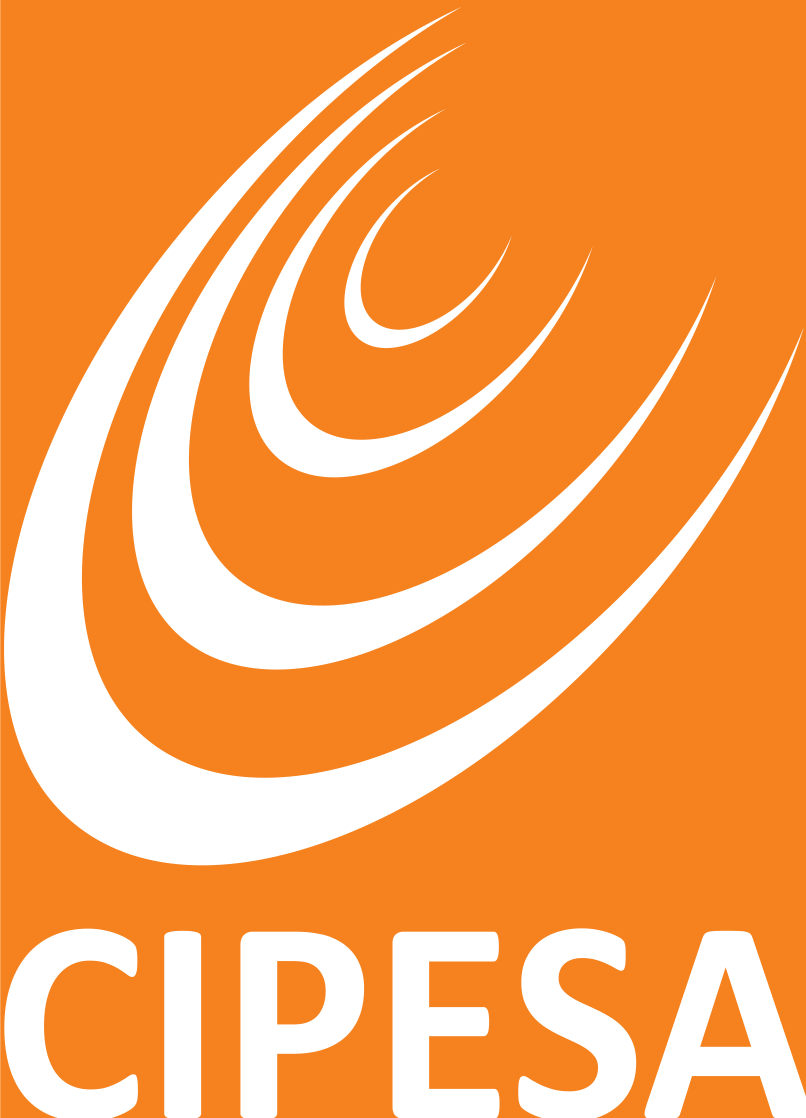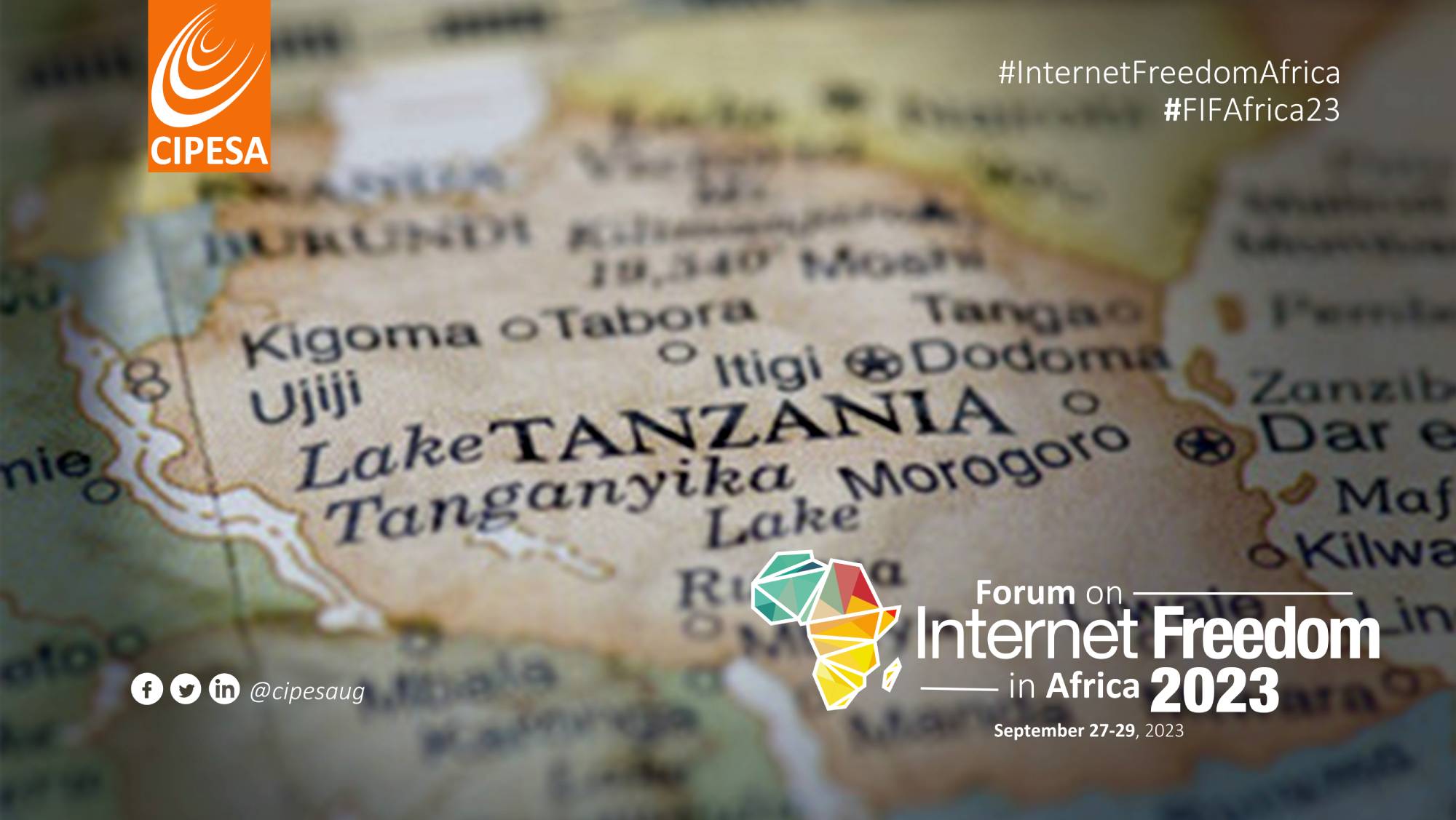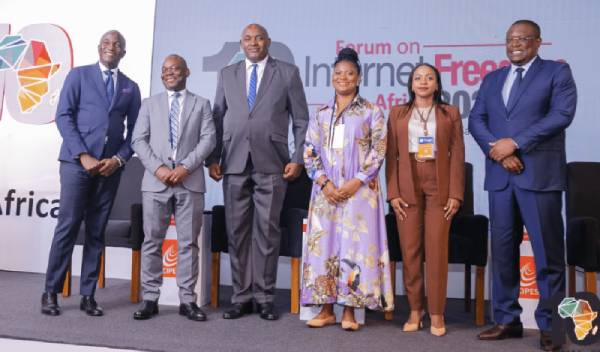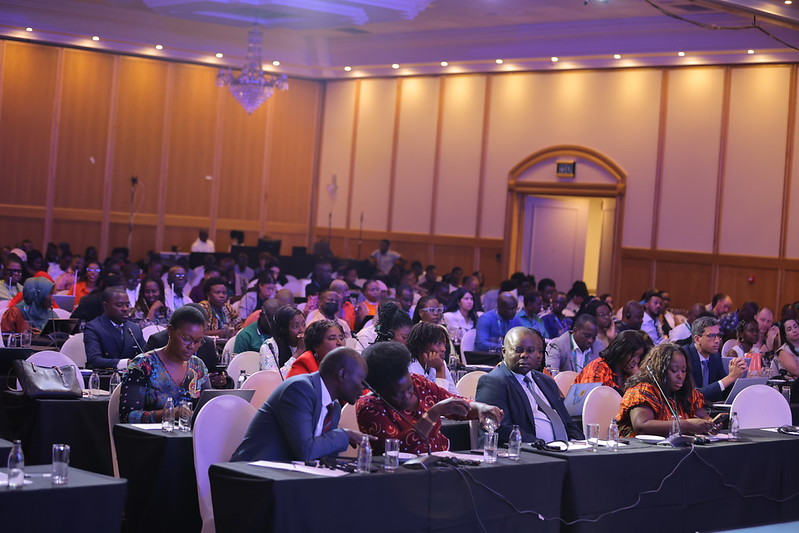Dar es Salaam, Tanzania — As the digital landscape in Africa continues to evolve at a rapid pace, so too do the challenges and opportunities related to internet freedom. As such, the annual Forum on Internet Freedom in Africa (FIFAfrica) has come to serve as a key convening in Africa where the constant developments in technology policy are discussed amongst a broad spectrum of participants from Africa and beyond.
This year, the Collaboration on International ICT Policy for East and Southern Africa (CIPESA) is hosting the event alongside the Ministry of Information, Communication and Information Technology (ICT) of the United Republic of Tanzania. This edition of the Forum is the tenth with previous editions being hosted in Ghana, Ethiopia, South Africa, Uganda and Zambia. The government of Tanzania, joins those of Ethiopia (2019) and Zambia (2022), as well as the Slovenia Presidency of the European Union (2021), in partnering with CIPESA to co-host FIFAfrica.
The event has convened over 400 participants from across 40 countries and Members of Parliament from Botswana, Cameroon, Democratic Republic of Congo, Ghana, Sierra Leone, Tanzania and Uganda.
Dr. Wairagala Wakabi, Executive Director, of CIPESA highlighted that the Forum has over the years served as an avenue for key deliberations of opportunities and concerns informing the African technology policy landscape. “Many states in Africa have ramped up their digitalisation efforts in a bid to enhance social, economic and political transformation. These efforts reflect the continued commitments by African States at improving access to information, innovative strategies, inclusion, privacy and data protection, and collaborative initiatives employed by media organisations, tech companies, civil society and governemnts to safeguard the integrity and opportunities the information society.”
The event was officially opened by Hon. Nape Nnauye, Minister of Information, Communication and Inofrmation Technology, Tanzania, who also gave the keynote address. He stated that, “The presence of a diversity of government officials from various African countries, private sector representatives, civil society and the media illustrates the importance of finding common ground to have informed discussions on digital transformation, digital inclusion and digital access in Africa.”
Welcome remarks were given by Selestine Kakele, Ag, Permanent Secretary, Ministry of Information, Communication and Information Technology, Tanzania, while Nancy Angulo, a representative of UNESCO Tanzania highlighted the commemoration of International Day for Universal Access to Information (IDUAI) which is celebrated every September 28.
The opening ceremony of the event included a multistakeholder panel which discussed the amplification of access to information in online spaces in which Hon. Nnauye participated alongside his Uganda counterpart Hon. Dr. Chris Baryomunsi, Minister of ICT and National Guidance. The panel also featured John Bosco Mayiga, Programme Specialist, UNESCO and Shamira Ahmed, Executive Director, Data Economy Policy Hub (DepHUB).
Also on the panel was Felicia Anthonio, Campaign Manager at Access Now who highlighted the impact of network disruptions in limiting freedom of expression and access to information. She added that disruptions to telecommunications often hurt civic engagement, the economy and democratic credentials in many African countries.
As Tanzania navigates a path towards increased digitalisation, it presents a unique opportunity for learning and engagement on the future of technology in Africa for economic growth, civic participation, meaningful connectivity and human rights.
Ahead of the event, Maxence Melo, Jamii Forums Executive Director welcomed a team of digital security experts who have been conducting digital security awareness stops at various locations between Uganda, Kenya and Tanzania. The team will form part of a digital security hub at the Forum which will also comprise experts from Access Now, Greenhost, Tor, and Encrypt and provide counsel and technical support on an a rray of topics, from secure communications to information security and data privacy. Additionally, they will offer licensed software and supported activations for antivirus and encryption, reinforcing the digital fortitude of participants.




